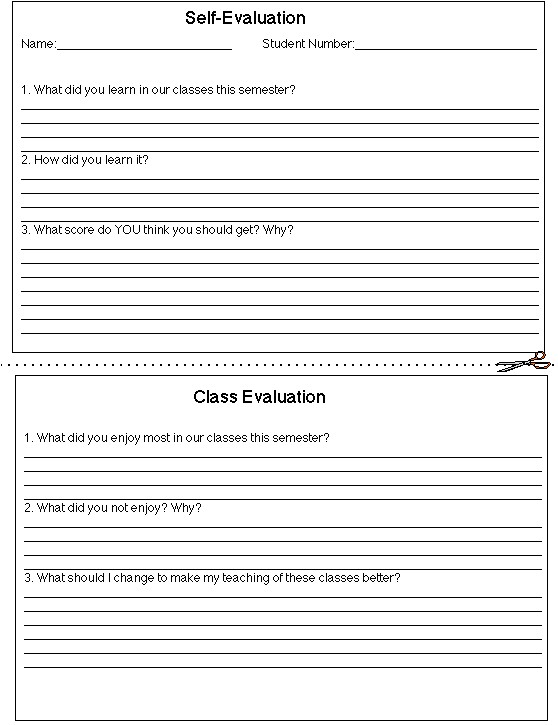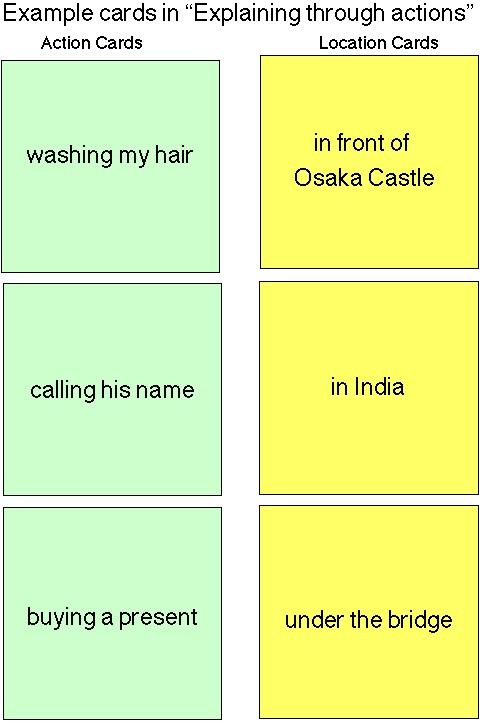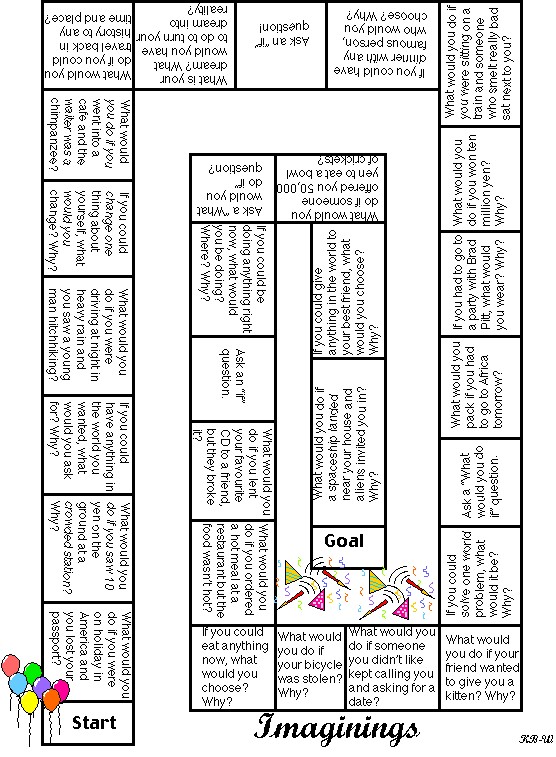
|
 |
|
Presentation Outline: A Syllabus for Trainee Nursery and Kindergarden Teachers
Presented at JACET 41st Annual Convention Program
Integrated English Education: from Primary through Tertiary
September 7-9, 2002
Aoyama Gakuin University, Tokyo
- Introduction to the programme
- Started teaching this programme at a women's college in 1994.
- Curriculum Guidelines:
*to build on English gained so far
*to give experience in an English-only classroom
*to give students a positive learning experience of English - Considerations:
*How to incorporate these guidelines into a useful curriculum for students
*How to activate learnt English
*How to give students confidence in using English
*How to motivate students
*How to ensure the learning was valuable from a life-long perspective
*How to introduce lexical and genre items of the profession for which students were training
*How to foster critical and reflective skills
*How to empower students to develop their "English voice" and life skills
- Students:
Entering college to train for a profession
Entering an increasingly competitive job market
Living away from families and working to support themselves
Nervous of practicum
- Outline syllabus (this follows evaluation form and student comments below)
- How to set up teaching:
a) Make groups
b) Lesson planning lesson
*Lessons are geared towards nursery and kindergarden age children, so there may be no written aids
* Lessons must be safe for small children
* Lessons must be conducted in English
* Lessons must consist of a variety of tasks
c) Grading- Each class taught is 20% of the semester's grade
- Each class grade is decided by Instructor's evaluation (40%), peer evaluation (30%) and self evaluation (30%)
d) Feedback
* After teaching session- All students give positive feedback to the day's teachers
- Teachers identify areas of the lesson which they thought didn't work as well as they had hoped
- Students offer alternative ways of teaching those parts of the lesson
- Instructor gives feedback. Instructor should focus on issues of student safety in the classroom, explanations of activities and flow of activities. Instructor may also suggest alternative ways of presenting a portion of the class.
* End of semester (see Form below ... student comments follow)- Student self-evaluations
- Class evaluations
|
|
|
|
Student comments from self-evaluation forms:
- "At first our group thought a lot about what was good teacher. Also how could we teach. That was difficult point, but we tried best. It was really hard but we really enjoy to teach and that was really good experience for me."
- "I thought teaching English is very difficult. But very pleasure! Teaching origami for everybody, not understand ... But body language was understand!"
- "At first I was upset when we must make teaching. I thought impossible for me. But gradually the feeling went down. I have a confidence. I had a great experience I have never had. To do something together, to think together, to share the task and the feeling, every is important to me."
- "I learned there are many ways of thinking in English, when we had 'teaching class'. Each of us got each job. We spoke about plan and how to teach. We made one good plan. But, when we wrote example things in the paper, we thought about how we should explain in English. One person have one way. Ten people have ten ways. I learned to respect people's ways of thinking in English."
- "I thought about English. We teached. So I thought about English sentence."
|
|
|
|
|
Student comments from class evaluations:
- "It was good experience to teach only in English."
- "I enjoyed the teaching classes! The classmates prepared them well. I think the teaching class is a good idea."
- "It's a everyone's teaching, because they have originality and they fascinated us every time."
- "Group teaching. I thought I try it very actively."
- "I enjoyed everyone's teaching, because there are many personality in their teaching."
- "I like the game in someone's teaching. Moreover, I used the internet for my prepare. It was very useful for me."
- "It is funny to teach something. Feeling like introducing something new. Because of teaching lesson I learned how much important teaching is."
- "I enjoyed the teaching class the best. Because the teaching class has so many tasks to think in English. So it get a good chance to me."
- "Now I'm always thinking what is good teaching because I want to be a teacher."
- "I enjoyed teaching class most. We all thought it hard, prepared it and I was satisfied with the result. It was very fun from beginning to end."
- "I could know the difference between teaching and presentation. But it was very difficult. But we could learn about that."
- "Teaching. Very difficult. But very very enjoyed."
- "I thing that teaching is learning. Teaching is much learning than take the class."
|
|
|
|
|
The Syllabus
First semester. - Introduction to the course: Class rules; grading; attendance; introduction to maintaining clear files (see "Keeping the Teacher and Students Organised and Empowered in Communication Classrooms: A classroom management technique"in ETJ -Journal, Spring, 2002 for details)
- Definitions:
- Defining by picture (Pictionary type game using words from the Mombusho junior high school word list)
- Defining by actions (See example cards above this section) involving miming an action carried out at a place)
- Defining by words (describing Japanese things in easy English)
- Definitions test
N.B. A brief outline of this unit, including how to run the definitions test, is available in the "My Share" article, "Thingamajigs" (adapted from Sion's "Creating Conversation in Class"), in The Language Teacher, July, 2002. - Interactions: This unit gives students practice interacting with each other. Communication is enhanced by practicing the communication strategies from the "Definitions" unit. Each lesson, a conversational strategy (e.g. "the sounds of listening", "checking understanding", "changing the topic", "controlling the conversation", etc) is introduced, and the students use it while completing the day's task.
- Childhood board game
- "Imaginings" Board Game (see below)
- Futures task (students draw pictures of themselves in the future ... then ask and answer a ton of questions about their pictures with other students)
- Guided conversations (tons of questions can be found here)
- Free conversation tests (timed tests for fluency, complexity and conversation strategy use)
- Small talk (the when, where, why and how of small talk)
- Student and course evaluations
First semester grades:
Participation in classroom activities ... 50%
Speaking tests ... 30%
Homework and preparation ... 10%
Clear File ... 10% Second semester. - Introduction to peer teaching, student lesson planning
- Peer teaching
- Final speaking test ... Christmas party situation
- Evaluation session
Second semester grades:
Teaching sessions ... 40%
Participation in classes taught by peers ... 30%
Final speaking test ... 20%
Clear File ... 10%
|
|
|
|
|
N.B.
Teachers interested in incorporating IT training into their curriculum may be interested in this article:
Tan, S.C., Hu, C., Wong, S.K., & Wettasinghe, C.M. (2003) Teacher Training on Technology-Enhanced Instruction - A Holistic Approach, Educational Technology & Society 6 (1).
|
|
|
|
|
|
N.B. A revised version of this presentation was published as:
Bradford-Watts, K. (2003). EFL Teacher Training for Trainee Nursery and Kindergarten Teachers in Japan. Nexus: A Journal for Teachers in Development, 6 (1).
Subscription available by sending email to:Susan Schwartz.Email me: kim@bradford-watts.com
|
|
|


